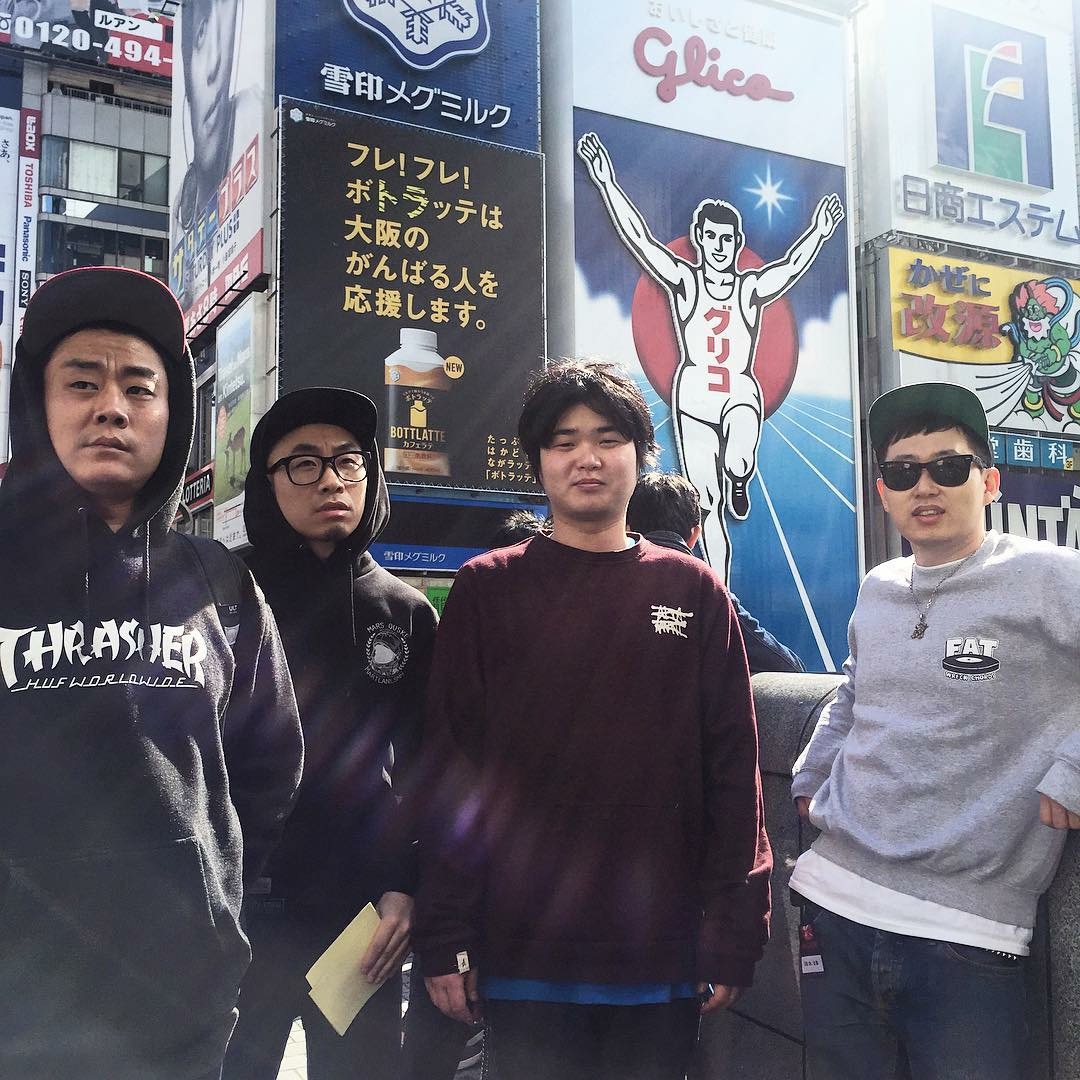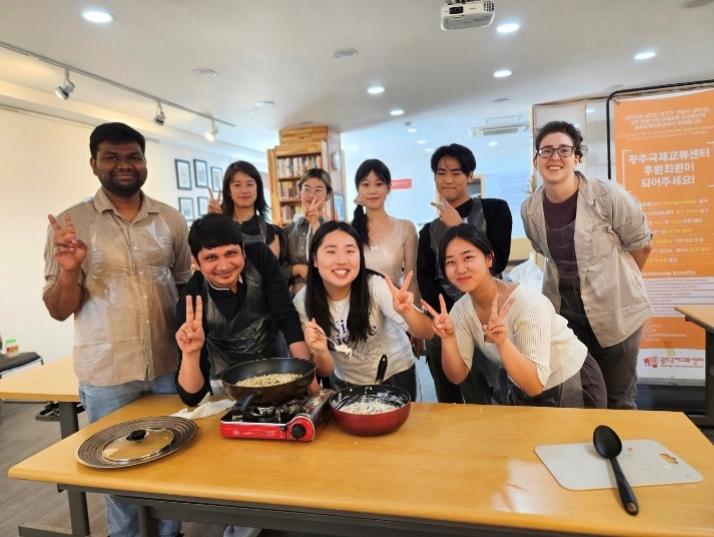Register Your Lease, Protect Your Key Money
Like many people, I took the plunge into renting my own apartment rather quickly. Most non-teaching positions, and several university-level positions, do not provide housing. Even if that weren’t the case, having one less thing in your employer’s hands is often good policy. When my friend was fired for taking a single sick day, he quickly landed on my floor, without a cell phone, thanks to a shady manager.
I don’t have that worry (never mind that my superiors are much more professional). But like a lot of people, I do worry about the sizable deposit I had to give to secure a roof. To protect that, I recently applied for and received upgraded legal protection on my “key money.”
The procedure is simple, cheap and quickly done–even if you speak barely any Korean. The Rental Housing Act (주택임대자보호법) grants Priority Creditor Status to lessees (tenants, i.e. me or you) who register their leases. If your landlord goes bankrupt, you stand first in line to get money if the building is sold or if he somehow acquires money from other sources.
Not only that, but if your key money is not refunded, you can institute a small claim – a type of simplified, expedited lawsuit – to get the money. Instead of the cost of a lawyer being more than the value of the suit, you can use a translator or paralegal (법무사) to help you at significantly reduced costs.
To register your lease you will need to go to your local community center (주민센터). Each neighborhood, or dong (동), has at least a few centers, but you can only register at the center that covers your residence’s location, so you may have to do a bit of walking. In my case the two offices were only 15 minutes apart, so the distance probably isn’t much to worry about. If you can’t find yours, go to map.daum.net, copy the above text into a search box, and look for the hit nearest to your place.
Once at the right location, you will need to fill out a remarkably short and simple application (in Korean) asking you such difficult questions as your name and address. You will also need to have a copy of your lease and your alien registration card. The process takes about ten minutes and mostly involves the clerk helping you punch data into a computer. If you don’t speak Korean, I would advise bringing a friend as a translator, but in my case the only questions I was asked were to confirm how much I paid in deposit and what my monthly rent was, as the handwriting on my lease was a bit faded.
When that was all finished, the man asked me for “yuk baek won” (₩600). I actually asked him three times what the amount was, as I’ve never heard of a government office in any country charging that little for afiling fee (every stop at immigration has cost me at least 40,000 won. I handed him a blue bill and took my change.
Is there still a risk of loss? Sure. If your landlord has no money, you will never see any. But if the building he rents you is sold, provided you file the right court papers, you will get your money before the mortgaging bank does–a very nice position to be in. Yes, you may have to engage in some legal proceedings (submitting documents to the court if the building is sold or suing him if he refuses to pay), but those proceedings will be quicker and will benefit you more if you have registered.
You do need to remember to renew your registration yearly. Also, this only affects renters of housing — should you be renting space for a business, this law does not apply. But if you are renting space for a business, I will dare to assume you can afford a lawyer if you need one. For less than the cost of a bottle of soju, and less time than it takes to teach a single class, registering your lease seems like a decent idea.
The author is grateful to Yuna Lee (Jeonbuk National University, Law School Class of 2013) for her advice on this matter. However, please note that the author is not a Korean attorney, and so the above article should not be considered legal advice. If you have a specific legal problem, you should consult a Korean attorney.





This article is great. My wife and I are actually going dealing with a landowner now who doesn’t have our key money. Our lease is up at the end of October and we bought a home to move in to. I am so happy to be done with renting every two years unfortunately I am extremely worried about not getting the key money back. I wish I had read this article two years ago.